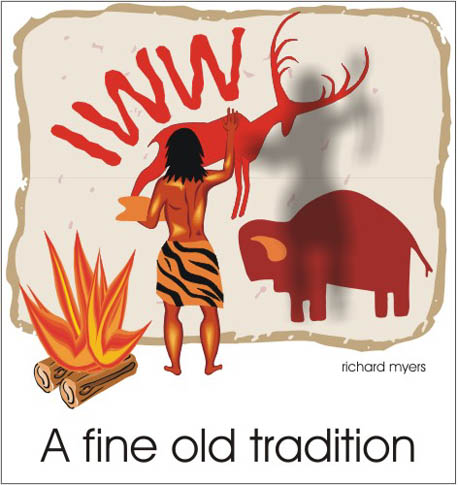General Discussion
Related: Editorials & Other Articles, Issue Forums, Alliance Forums, Region ForumsI think it's important to keep in mind that a "large middle class" is a historical aberration
As is the idea that ordinary (i.e. non-wealthy, non-elite) people should get a college or university education. The United States didn't even have universal public education at the K-12 level until the late 1800s/early 1900s (IIRC), and that was as a direct response to the challenges posed by industrialization, urbanization, and immigration. The purpose of public education then (as it is now) was to make good citizens (meaning good Americans), but just as importantly, good employees for the various occupations/careers/vocations that the rapidly industrializing country required.
Furthermore, many if not most of the reforms to the overall system weren't granted by political leaders out of the goodness of their hearts or because "it was the right thing to do", but because the overall system was being challenged by growing social unrest, turmoil, violence (in some cases), and the potential for revolutionary or radical activity (e.g. the Socialists, the anarchists, the Populists, and the Communists and other radical movements-very often, connected to organized labor and other grassroots organizers and agitators). It was out of the instinct of self-preservation that the economic and political elites granted concessions to the masses.
This was made easier, of course, by the Second World War (which required the mass mobilization of the economy by the US government at all levels), and the transition to a military-industrial economy (which kept the US on a long-term-some would say permanent-war footing) which occurred after the US emerged from the War's aftermath as the undisputed giant among the capitalist world (and frankly, the entire world .Thus, the "Golden Age of Capitalism" was facilitated by America's uniquely powerful position in the international post-WWII/Cold War context.
All of this was predicated on American economic hegemony....and remember, this was before the 1970s, when the OPEC shocks, runaway inflation, a falling rate of profit overall across the system, median real wage stagnation (a historical first for America!)-not to mention, issues on the domestic front, whether they be directly related to economics (as in say, labor unions demanding higher and higher concessions on wages and benefits), or related to fear and paranoia over race (busing, riots, Black Panthers, the inner-city/urban crime wave, the different movements of "identity politics", etc.), and last but not least, the fracturing of the liberal faith in good governance by Vietnam, Watergate, and the Church Commission's revelations re: the CIA and the FBI...well, all of these things led to a lot of Americans concluding that America's best days were behind us, and that the government was hopelessly inept/corrupt and would be unable to solve problems anymore.
In addition, technological change (e.g. automation), globalization (and all that that entails-the global labor market and the "race to the bottom", outsourcing ,etc.) was also occurring in a big way around this time. Corporate America went through a profound restructuring in the Reagan years. Finance became much more important to corporate profits. And so on and so forth.
You probably know the rest of the story, but all of this is to say that the conditions that created a "large middle class" no longer are present in our country. The elites in our country have regained much of their power and status relative to the post-WWII economic boom. Not only does capital have much more power-economic, political, and ideological-over labor now, but within labor, there are large divides between skilled and unskilled, educated and less educated, white and non-white, male and female...etc. And the elites are playing the game with a globalized labor force at their disposal.
I don't know what the solution is-if there is one at all. But I hope that by examining our history, and keeping things in historical perspective, some lessons can be learned.
-My $0.02.
RKP5637
(67,107 posts)longer are present in our country." I don't know the solution either, but IMO there is a significant and growing unrest in this country that must be addressed if this nation is to survive as a democracy. ... what's left of a democracy.
FreakinDJ
(17,644 posts)As I'm sure many other western countries do
Or should we look forward to "share crops" once again
villager
(26,001 posts)
